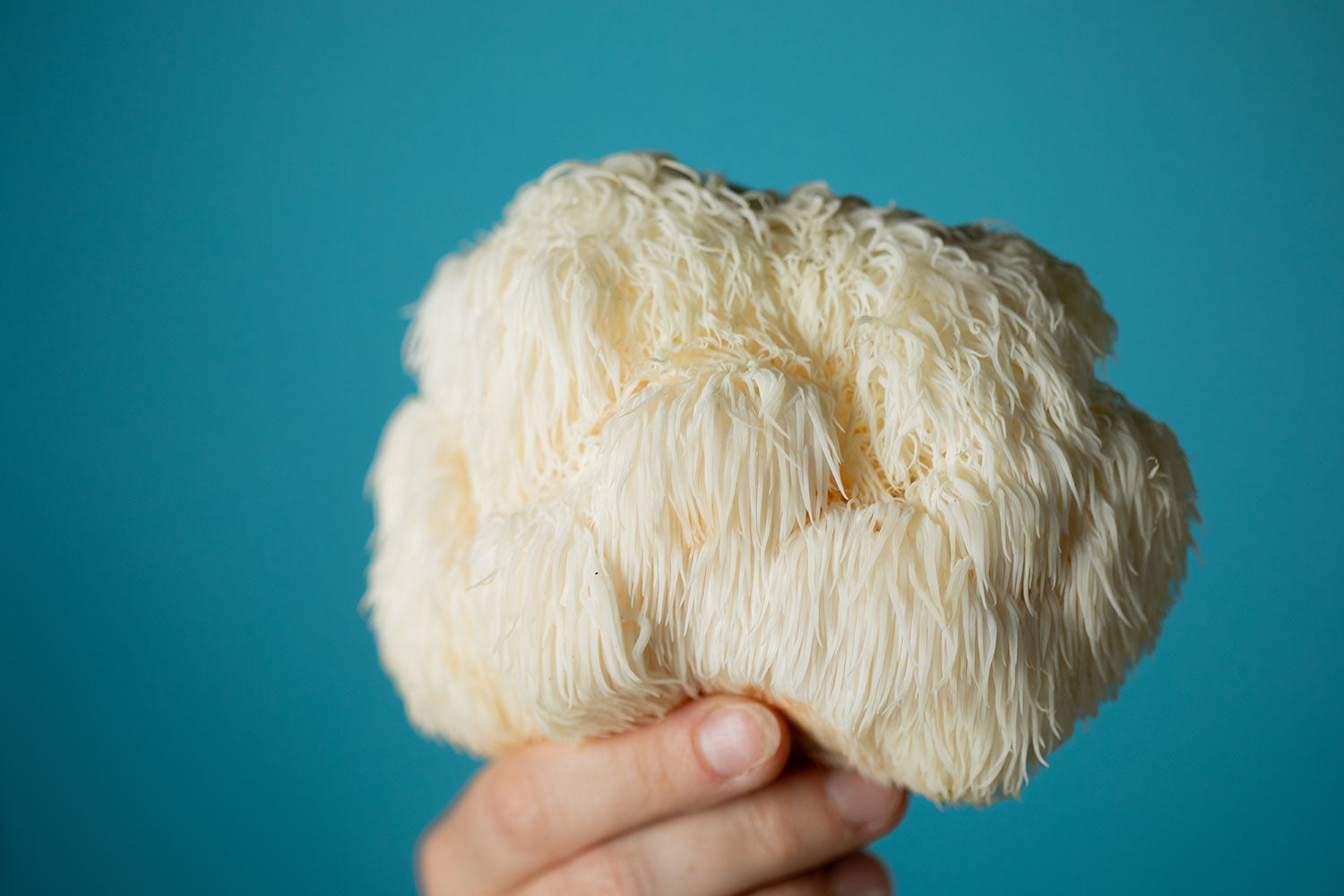ADHD: Understanding, Evolving Treatments, and the Role of Medicinal Mushrooms
2 minute read

ADHD diagnoses have surged in recent years, not due to an increase in prevalence but thanks to improved healthcare access, reduced stigma around mental health, and better awareness of ADHD symptoms. Historically, ADHD-like symptoms were recognized as far back as the late 18th century, though understanding was limited. Now, we’re seeing more diagnoses, especially among girls and women, who often present with the inattentive subtype, which has broadened the understanding of ADHD's spectrum.
For many, ADHD symptoms persist into adulthood, countering the misconception that it’s strictly a childhood disorder. This rise in adult diagnoses reflects a deeper understanding of how symptoms can change over time, with inattention and executive functioning challenges continuing throughout life. Often misunderstood as a lack of discipline, ADHD is a legitimate neurodevelopmental disorder with a range of symptoms and severities.
A Fresh Perspective on ADHD and Modern Demands
Newer perspectives suggest seeing ADHD not as a stand-alone disorder but as one end of a spectrum of executive function challenges. Our fast-paced, demanding lifestyles place significant pressures on attention and self-regulation, potentially heightening symptoms for those with ADHD. This shift encourages viewing ADHD through a wider lens, considering how our environment and lifestyle impact symptom management.
How Can Mushrooms Help?
In light of these factors, many are exploring natural options, like medicinal mushrooms, as complementary treatments for ADHD symptoms. While traditional medications and behavioral therapy remain mainstays, people are increasingly seeking multidisciplinary approaches. Some mushrooms are showing potential for neuroprotective, cognitive-enhancing, and stress-reducing effects:
-
Lion’s Mane (Hericium erinaceus): Known for neuroprotective properties, Lion’s Mane may stimulate Nerve Growth Factor (NGF), which supports brain health, memory, and cognitive function—crucial for managing ADHD symptoms.
-
Reishi (Ganoderma lucidum): Often celebrated for immune support, Reishi also has calming effects, helping reduce stress and anxiety, which can benefit those with ADHD.
-
Cordyceps (Cordyceps sinensis): This mushroom enhances energy and stamina, which may improve attention span and combat fatigue, a common challenge for individuals with ADHD.
-
Brahmi (Bacopa monnieri): Though technically an herb, Brahmi is often mentioned for its proven cognitive-enhancing effects, including improved memory, attention, and information processing—qualities helpful in managing ADHD.

Finding What Works for You
The understanding of ADHD and its treatments is evolving, with natural options like certain mushrooms and Brahmi offering promising, well-rounded solutions. Always consult a healthcare professional before introducing new supplements to ensure compatibility with existing treatments.
Our Brain Food+ Gummy delivers a nootropic-sized dose of Lion's Mane, Brahmi, and Ashwagandha—a powerhouse for managing ADHD-like symptoms. Subscribe and Save 20%!
If you want to combine these three powerhouse functional mushrooms, try our Energy and Performance Bundle. You'll save 20% by buying them together, and if you subscribe, you'll save an additional 10%!
Included in this bundle:
- 1 x Brain Power Lion's Mane Mushroom Capsules
- 1 x Power Up Cordyceps Mushroom Capsules
- 1 X Stress Less Reishi Mushroom Capsules
References:
Leave a comment
All comments are moderated before being published.
This site is protected by hCaptcha and the hCaptcha Privacy Policy and Terms of Service apply.


